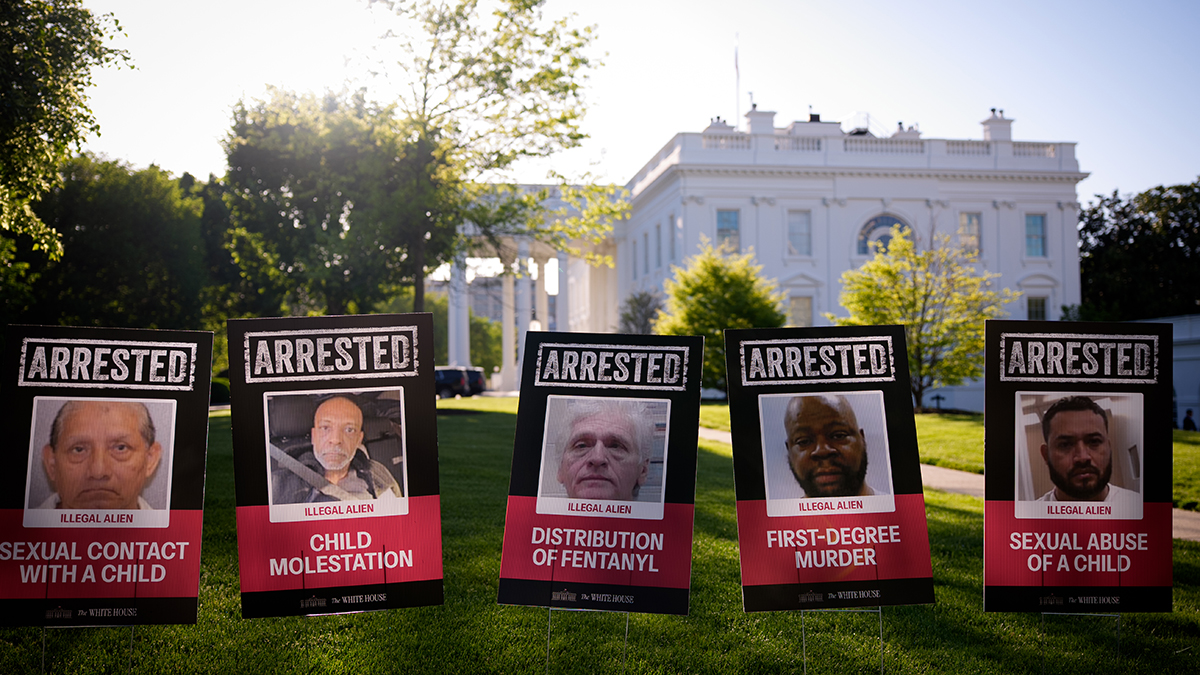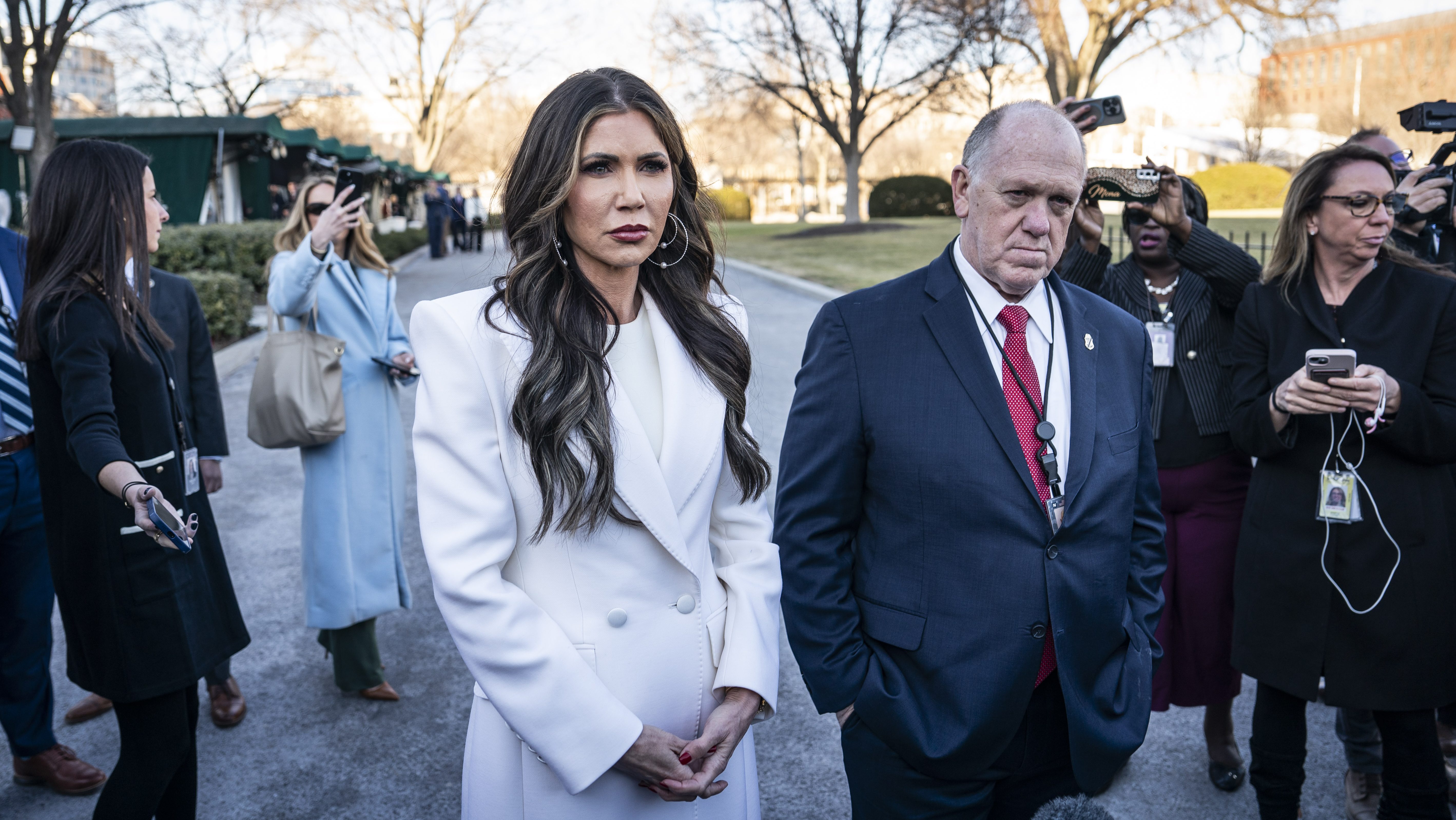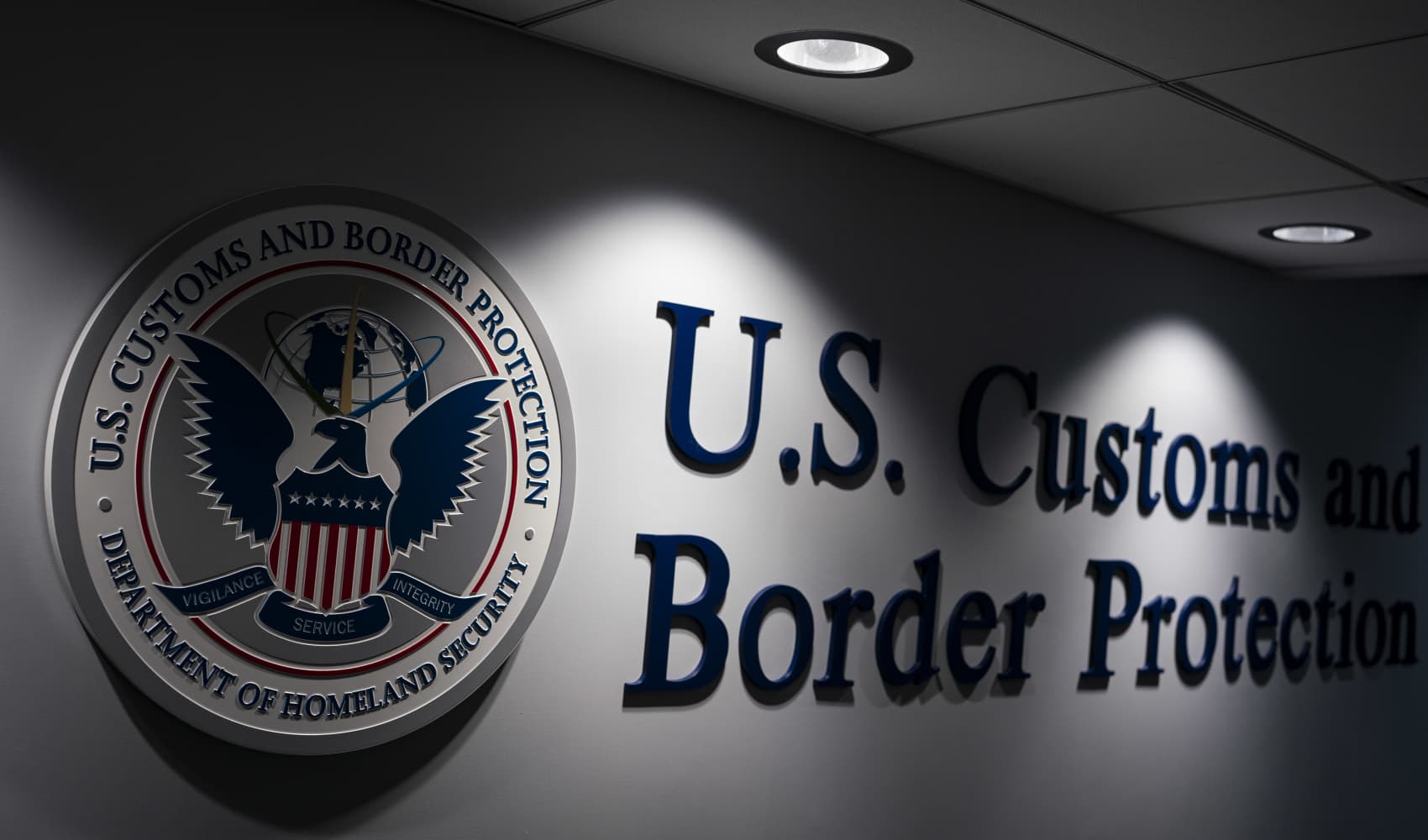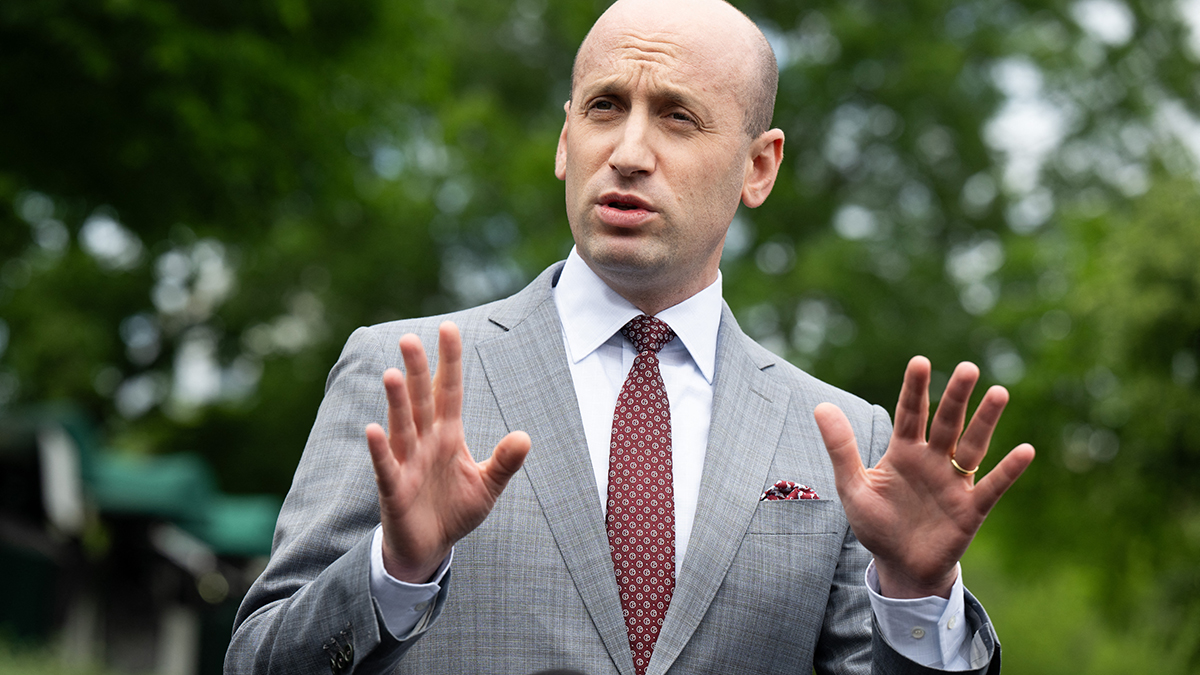World Cup at Risk? Trump-Era Travel Policies Scrutinized
Trump-Era Travel Policies Threaten 2026 World Cup Hosting
Introduction: A Sporting Chance at Risk?
Picture this: the roar of the crowd, the thrill of the game, the world united in a celebration of sport. That's the promise of the 2026 World Cup, set to be co-hosted by the United States, Canada, and Mexico. But could something as seemingly unrelated as travel policies throw a wrench into this global spectacle? It sounds far-fetched, doesn't it? But Senator Ron Wyden of Oregon thinks it's a real possibility, and he's raising the alarm.
The Senator's Concerns: More Than Just Red Tape
Sen. Ron Wyden, a leading Democrat on the Senate Finance Committee, has formally requested that top Trump administration officials reconsider travel policies he believes are negatively impacting travelers arriving in the United States. He specifically cites the upcoming 2026 World Cup as a major reason to address these concerns. In a letter to Secretary of State Marco Rubio and Homeland Security Secretary Kristi Noem, Wyden detailed his worries about reports of international travelers facing detentions and other travel-related issues.
"Needlessly Grueling": A Traveler's Nightmare?
"This has turned ordinary travel into a needlessly grueling ordeal for tourists, business travelers, lawful permanent residents and U.S. citizens,” Wyden wrote. That's a pretty strong statement, isn't it? It paints a picture of frustration, delays, and unnecessary stress for anyone trying to enter the US. But is it just hyperbole, or is there a real problem brewing?
International Travel Guidelines: A Shifting Landscape
It appears Wyden's concerns are more than just anecdotal. Several countries have reportedly updated their travel guidelines for citizens planning to visit the United States, suggesting a growing unease about current immigration and border policies. When countries start warning their citizens about potential difficulties traveling to the US, it's a clear sign that something needs to be addressed.
Economic Impact: A Loss of Tourism Dollars?
The travel forecasting company Tourism Economics recently revised its annual outlook, predicting a significant decline of 9.4%. This isn't just about inconvenience; it's about real money, real jobs, and the economic benefits that come from welcoming international visitors. A dip in tourism of that magnitude could have serious consequences for the US economy.
H2: The Shadow of Past Policies
H3: Echoes of the Travel Ban
Remember the travel ban imposed by the Trump administration? It sent shockwaves around the world and sparked widespread protests. While some may argue that it was necessary for national security, there's no denying that it also created a perception of the US as a less welcoming destination. Are we seeing a resurgence of those same sentiments, even without a formal ban?
H3: A Lingering Reputation
Even now, years later, the legacy of those policies lingers. It's like trying to shake off a bad reputation – it takes time and effort to rebuild trust and convince people that things have changed.
H2: The World Cup: A Global Stage
H3: More Than Just a Game
The World Cup is more than just a sporting event; it's a cultural phenomenon, a massive economic engine, and a showcase for the host countries. It's an opportunity to put your best foot forward and welcome the world with open arms. But if travelers are facing unnecessary obstacles, that opportunity could be squandered.
H3: The Fan Experience: A Crucial Element
Think about the millions of fans who will travel to the US, Canada, and Mexico to attend the World Cup. They'll need visas, accommodation, transportation, and, of course, a hassle-free experience at the border. If they encounter delays, detentions, or other issues, it could tarnish their perception of the event and the host countries.
H2: What's at Stake: Beyond Tourism
H3: Economic Consequences
As Tourism Economics' revised forecast shows, restrictive travel policies can have a direct and negative impact on the US economy. Fewer tourists mean less spending on hotels, restaurants, attractions, and other businesses. It's a ripple effect that can affect a wide range of industries.
H3: Reputational Damage
Beyond the economic impact, there's also the issue of reputation. If the US becomes known as a difficult or unwelcoming destination, it could deter not only tourists but also businesses, investors, and talented individuals who might otherwise choose to come here. It's like a self-inflicted wound that can damage the country's long-term prospects.
H2: Reconsidering the Approach: A Call for Change
H3: Streamlining Processes
Senator Wyden's call for reconsideration is a call for a more streamlined, efficient, and welcoming approach to travel. It's about finding a balance between security and hospitality, ensuring that legitimate travelers can enter the country without facing unnecessary obstacles.
H3: Diplomacy and Dialogue
This isn't just about changing policies; it's also about engaging in open dialogue with other countries to address their concerns and build trust. Diplomacy is key to fostering positive relationships and ensuring that international travelers feel safe and welcome in the US.
H2: Security vs. Hospitality: Finding the Balance
Of course, national security is a legitimate concern. No one wants to compromise the safety of the country. But is it really necessary to make travel so difficult and frustrating for everyone? Isn't there a way to strike a better balance between security and hospitality? It's a question that policymakers need to grapple with as they consider the future of travel policies.
H2: The Role of Technology: A Potential Solution?
Could technology play a role in streamlining the travel process and reducing delays? Imagine a system that uses advanced data analysis to identify potential threats while allowing legitimate travelers to pass through quickly and easily. It's not science fiction; it's a potential solution that could address both security concerns and traveler frustrations.
H2: Looking Ahead: The Path to 2026
With the 2026 World Cup just a few years away, there's still time to address these concerns and implement changes that will ensure a positive experience for international travelers. But it requires a concerted effort from policymakers, government agencies, and the travel industry to work together and create a welcoming environment for visitors from around the world.
H2: Conclusion: A Crossroads for Travel
Senator Wyden's request highlights a critical juncture for US travel policies. The potential negative impact on tourism, the economy, and the overall reputation of the country is significant. As the 2026 World Cup approaches, the administration faces a crucial decision: will it prioritize restrictive policies that deter visitors, or will it embrace a more welcoming approach that benefits both the economy and the nation's image? The choice is ours, and the world is watching.
H2: Frequently Asked Questions (FAQs)
- Why is Senator Wyden concerned about travel policies in relation to the World Cup?
Senator Wyden is worried that current travel policies could create unnecessary hurdles for international travelers, including World Cup fans, potentially harming the US economy and reputation.
- What specific travel issues has Senator Wyden raised with the Trump administration?
He has expressed concern over reports of international travelers being detained and other travel-related problems that are making it difficult for tourists, business travelers, and even US citizens to enter the country.
- How could restrictive travel policies impact the 2026 World Cup?
They could deter fans from traveling to the US, Canada, and Mexico, reducing the economic benefits associated with the event and tarnishing the host countries' image.
- What is the potential economic impact of a decline in international tourism?
A decline in tourism could lead to less spending on hotels, restaurants, attractions, and other businesses, affecting a wide range of industries and potentially leading to job losses.
- What steps can be taken to improve the travel experience for international visitors?
Streamlining visa processes, utilizing technology to improve border security, and engaging in diplomacy with other countries are all potential solutions for creating a more welcoming and efficient travel experience.








